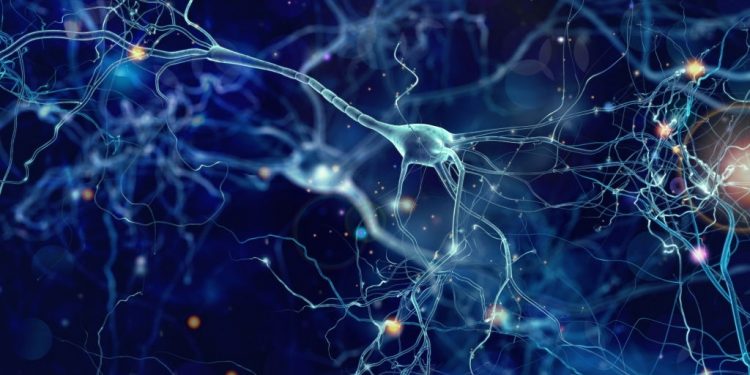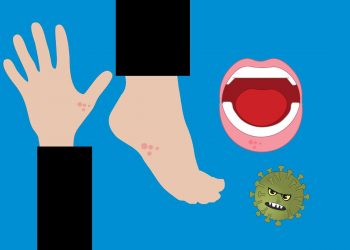According to the neurologists from the UK, mildly infected and recovered coronavirus patients may have severe and potentially fatal brain disorders.
The scientists have warned that patients with mild symptoms or recovering patients of coronavirus have signs of potential and fatal brain disorders. The neurologists from the United Kingdom published the details of almost 40 coronavirus patients with signs of complications in brain inflammation, delirium, nerve damage, and even stroke.
Neurologists, Paterson, and colleagues published their study that revealed the rise in acute disseminated encephalomyelitis (ADEM) in the neurology journal Brain. In April and May, the patients of ADEM are two to three per week, and before the COVID-19 pandemic, the prevalence was one case in a month.
Researchers reported about a dozen patients had brain inflammations in the central nervous system, about ten patients had psychosis or brain disease, eight suffered from strokes, and another eight people had problems in the peripheral nervous system. The issues in the peripheral nervous system are usually diagnosed as Guillain-Barre syndrome that is fatal in 5% of cases because it is an immune response that attacks the nerves and leads to paralysis.
A senior author of the study, Michael Zandi from University College London said,
“We are seeing things in the way COVID-19 affects the brain that we haven’t seen before with other viruses.”
He added,
“Biologically, ADEM has some similarities with multiple sclerosis, but it is more severe and usually happens as a one-off, Some patients are left with long-term disability, others can make a good recovery.”
The reported cases of brain disorders add to the rehabilitation and management of the long-term effects of COVID-19. Patients have experienced weakness, fatigue, numbness, breathing difficulties, and memory problems after days of recovery.
The research paper reported the case of a 55-year-old woman who behaved oddly on the day of discharge. She had no history of psychological or psychiatric illness and reported experiencing hallucinations. She saw lions and monkeys in her house and took her coat on and off repeatedly. Her symptoms were managed with antipsychotic medicine and hospital care.
Zandi has urged the general physicians, physicians, and healthcare workers to consider consultation of a neurologist for their patients with memory problems, cognitive symptoms, numbness, weakness, or fatigue and be alert of the complications related to symptoms of coronavirus.
Researchers and scientists are concerned about the population that might suffer subtle brain damage due to coronavirus, and it will affect the world in the coming years. Through details of the brain disorders caused by coronavirus have not yet been identified, because patients in hospitals are too sick for brain scanners and examinations.
“It is a concern if some hidden epidemic could occur after COVID-19, where you are going to see delayed effects on the brain because there could be subtle effects on the brain, and slowly things happen over the coming years, but it is far too early for us to judge now.”
Therefore Zandi suggested,
“What we really need now is better research to look at what’s going on in the brain.”
Senior clinical lecturer, David Strain, from the University of Exeter Medical School, said only a few patients had experienced severe neurological problems post-COVID recovery. And more research and work is needed to understand the link between coronavirus and neurological brain disorders.
“This is very important as we start to prepare post-COVID-19 rehabilitation programs. We have already seen that some people with COVID-19 may need a long rehabilitation period, both physical rehabilitation, such as exercise and brain rehabilitation. We need to understand more about the impact of this infection on the brain.”












